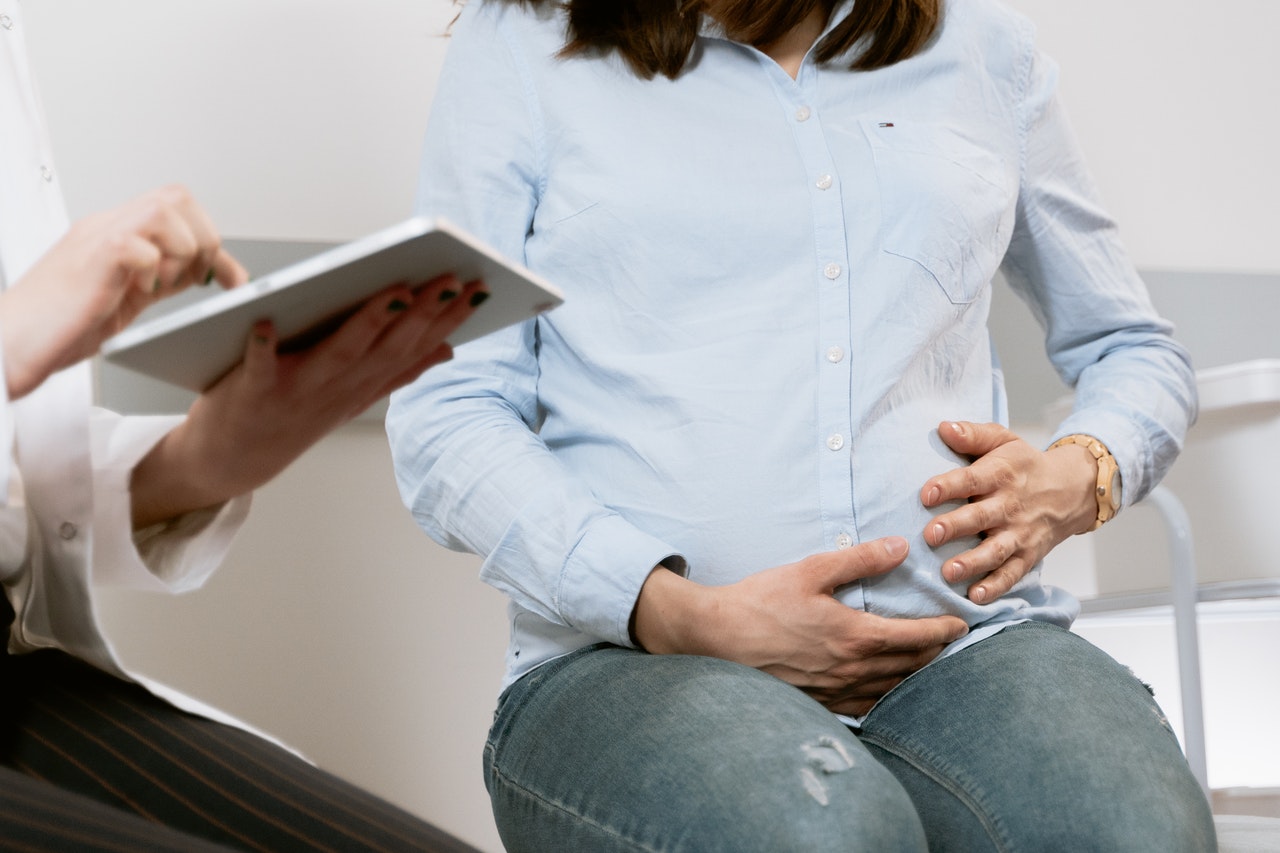
First published: 20 April 2022 @ 6:00 pm
We all know that being pregnant is an exciting and happy time. However, sometimes people are still confused about the pregnancy timeline and its delivery due date.
When a person is on their due date, they are just waiting for their baby to come out.
When is the earliest baby’s due date prediction?
The answer to this question can be found in the article below.

Photo by cottonbro from Pexels.
What is a Due Date Prediction?
The due date is the day that your baby will be born. For some people, the time of birth may not be the actual day of birth.
This means that you may have a very small window of time in which you can go into labor.
A due date prediction is a way to estimate the date of birth of a baby.
The method of baby due date prediction uses statistical analysis of data from a variety of sources such as prenatal tests, ultrasound, and medical records.
By analyzing data from various sources, it is possible to get an idea of when the baby will be born.
When it comes to babies, most of us know that they’re born somewhere between 37 and 42 weeks. The number of weeks pregnant has been set by the medical community and we accept it as a guideline for when we can expect to see our little one enter the world.
But what if we want to know when our baby is due, but there’s no such thing as a medical guideline? You may be expecting a baby any day now, but you want to know exactly how long your pregnancy will last.
Or maybe you’re looking for a way to calculate your due date, and you want an exact answer without having to wait for your doctor or midwife to tell you the “right” answer.
Whatever the reason for wanting an exact date or time of birth, this article will show you how to calculate the expected date of birth (EDB) with accuracy.
What Factors Can Influence the Due Date?
When calculating the due date, several factors can affect the pregnancy calculator. These include:
- Fetal age – The length of time that your baby has been in your womb. You can check your baby’s size using a series of measurements called an ultrasound.
- Gender – The baby’s gender will affect the EDB calculation because boys and girls tend to be born at different times.
- Your Body – If you’re expecting twins or triplets, your body will be stretched out and may take longer to go into labor. On the other hand, if you’re expecting quadruplets or quintuplets, you’ll have less room in your uterus and your weeks of pregnancy might be shorter than expected.
- The Maternal Age – As you get older, it becomes more difficult for your body to go into labor on its own because it takes longer for the uterus to contract and release labor-inducing hormones such as oxytocin.
This is especially true if you have had multiple children already (or even just one). Your EDB prediction will take this into account by adding 6 weeks (if pregnant with one child) or 12 weeks (if pregnant with two children) onto the due date.
- Hormones – If you’re pregnant with twins or triplets, the hormones your body produces will have a more significant effect on the length of your pregnancy. The hormone levels that your body produces will affect how long it takes for you to go into labor.

Photo by MART PRODUCTION from Pexels.
Methods to Calculating Due Date
There are various methods of calculating the due date of your baby.
Method 1: Using LMP and Urine Test Results
This method is the most common method used to calculate the due date of your baby. The main purpose of this method is to determine how far along you are in your pregnancy.
However, this method should not be used if you have not taken a home pregnancy test yet because it might give inaccurate results. You can’t only depend on signs of pregnancy alone.
You can take a home pregnancy test after 6 weeks of your last menstrual period (LMP). It’s even better to check with healthcare providers later to make sure.
It’s also very important to know when you ovulate during your cycle so that you will have an idea about when you conceived your baby too.
If you are not sure about when exactly you conceived your baby, then there is another way that can help you find out the baby’s Due Date Prediction by calculating the gestation period.
Method 2: Using Signs like Abdominal Pain, Cervical Mucus Color, Food Cravings, etc.
This method is the second most common way of calculating the due date of your baby. This method should be used only if there are no complications with the first one.
The main purpose of this method is to determine how far along you are in your pregnancy as well as what signs will indicate that you are pregnant.
However, this method should not be used if you have not taken a home pregnancy test yet because it might give inaccurate results. You can take a home pregnancy test after 6 weeks of your last menstrual period (LMP).
It’s also very important to know when you ovulate during your cycle so that you will have an idea about when you conceived your baby too.
If you are not sure about when exactly you conceived your baby, then there is another way that can help you find out the baby’s Due Date Prediction by calculating the gestation period.
3. Method 3: Medical records
If you have access to medical records from your doctor or midwife then this is probably the best way to find out when you’re due! If you do not have access to these records then there are other ways to calculate your EDB, but this method will probably be the most accurate.
To use this method, you need to find out the length of your pregnancy and the age of your baby. You will then need to find out when you had your last period and when you had your last ultrasound or doctor’s appointment.
You can use an online calendar to do this for you or look through old records that you have stored in a box somewhere.
4. Method 4: Ultrasound date
If you have access to an ultrasound then this is probably the best way to find out when you’re due! If you do not have access to an ultrasound then there are other ways to calculate your EDB, but this method will probably be the most accurate.
Mature Parent is here to help you connect with your family, providing informative articles as well as parenting tips and tricks!



